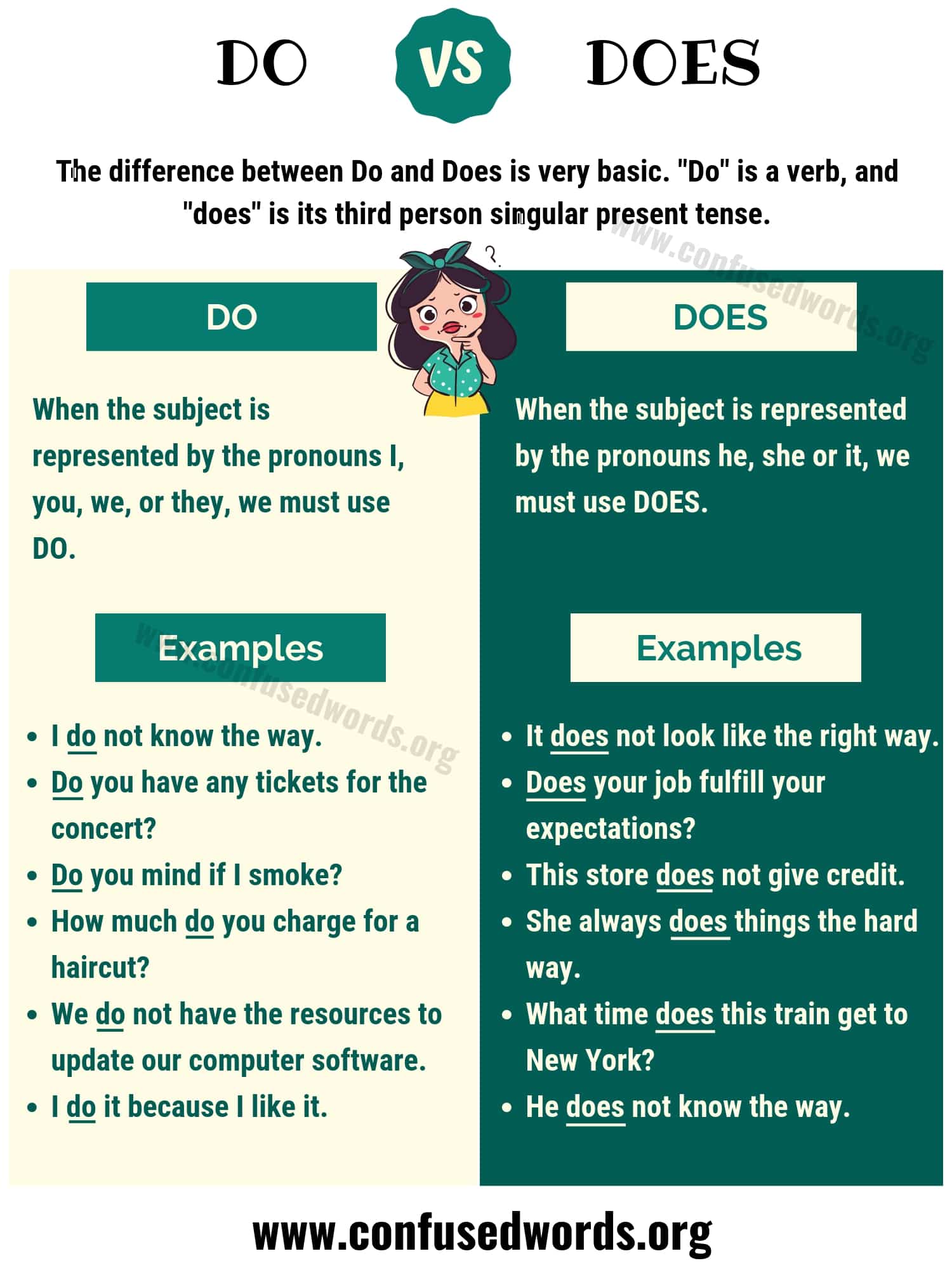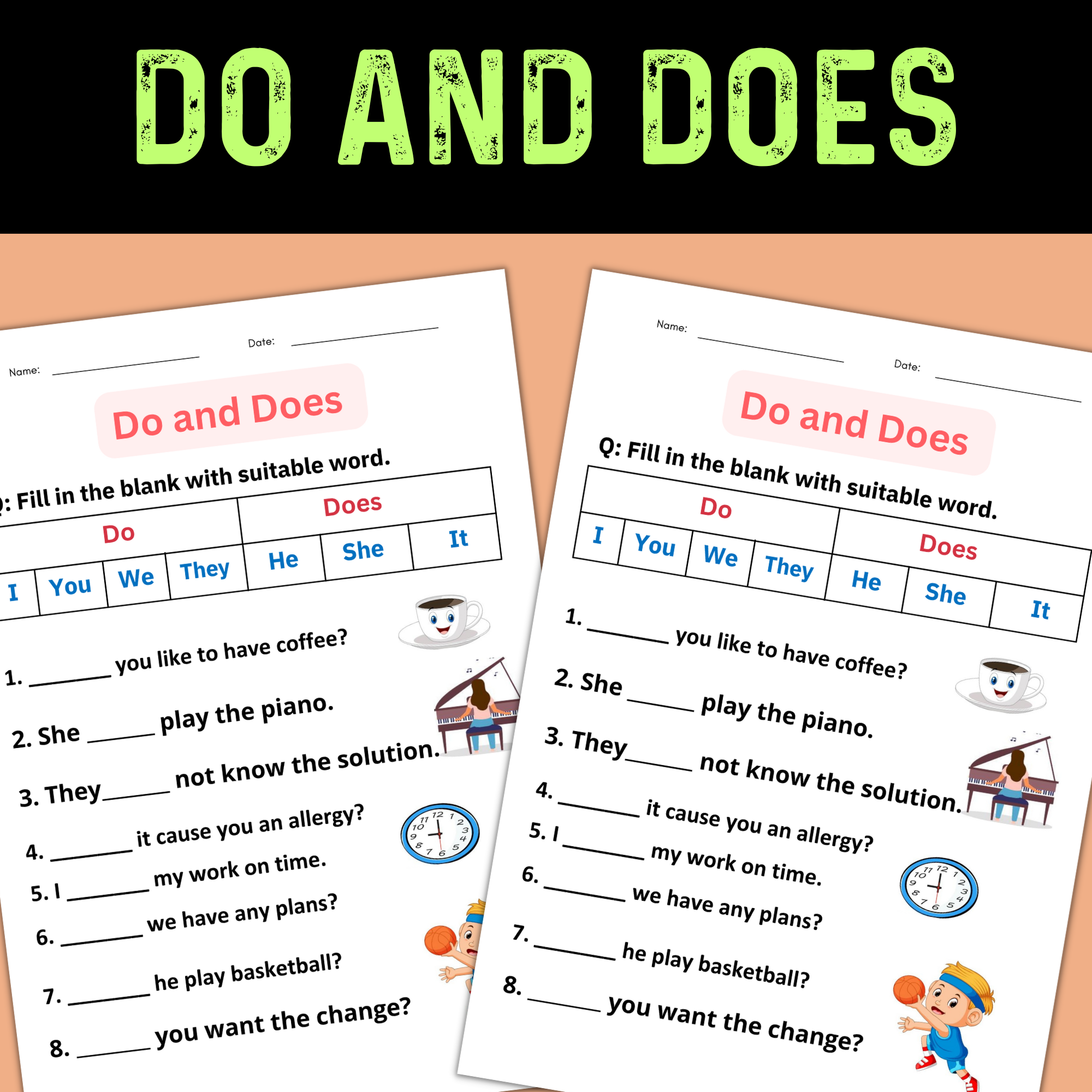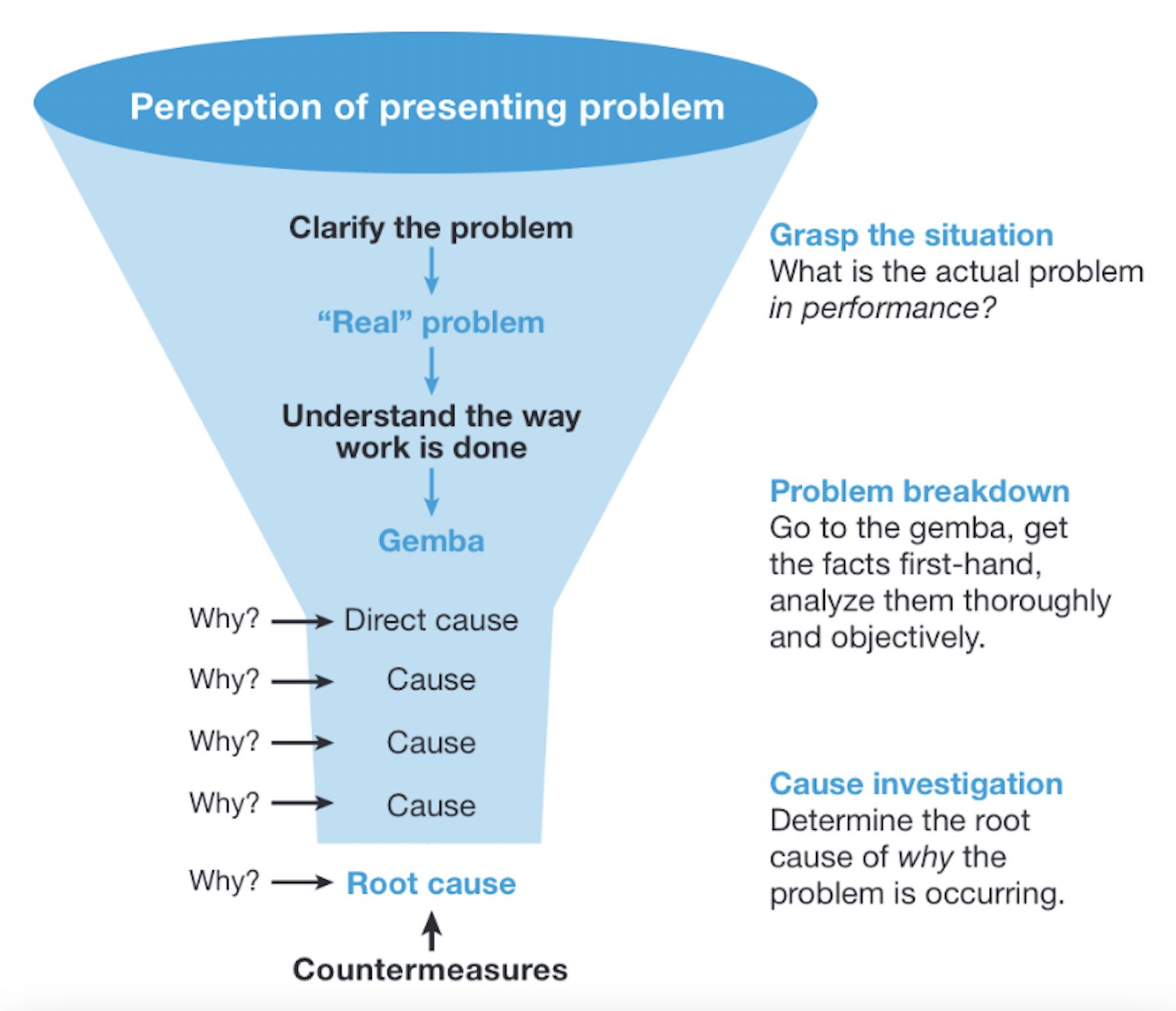How to Start a Career in Finance with No Experience: Complete Guide
Understand the finance industry landscape
The finance industry offer diverse career paths span investment banking, corporate finance, financial planning, insurance, and fintech. Each sector present unique opportunities for entry level candidates willing to demonstrate commitment and aptitude.
Major finance sectors include commercial banking, where professionals manage client relationships and loan portfolios; investment management, focus on portfolio optimization and asset allocation; corporate finance, involve budgeting and strategic financial planning; and financial advisory services, help individuals and businesses make informed financial decisions.
Entry level positions oftentimes include financial analyst, bank teller, insurance sales representative, loan officer assistant, and junior accountant roles. These positions provide foundational experience while offer advancement opportunities for dedicated professionals.
Essential skills for finance careers
Mathematical proficiency from the backbone of finance careers. Strong analytical skills enable professionals to interpret complex data, identify trends, and make informed recommendations. Attention to detail ensure accuracy in financial calculations and regulatory compliance.
Communication skills prove as important, as finance professionals regularly present findings to clients, colleagues, and executives. Write communication skills facilitate clear reporting and documentation, while verbal skills enable effective client interactions and team collaboration.
Technology proficiency has become progressively critical. Excel mastery remain fundamental, while familiarity with financial software like QuickBooks, Bloomberg terminal, or specialized trading platforms provide competitive advantages. Programming languages such as python or r are progressively valuable for data analysis roles.

Source: devzone.nordicsemi.com
Critical thinking and problem solve abilities distinguish successful finance professionals. The ability to analyze complex situations, identify potential risks, and develop strategic solutions create value for employers and clients like.

Source: pngtree.com
Educational pathways and certifications
While many finance positions prefer candidates with relevant degrees, alternative educational pathways exist for motivated individuals. Business administration, economics, accounting, or mathematics degrees provide strong foundations, but finance specific education isn’t invariably mandatory.
Professional certifications can compensate for limited formal education. The chartered financial analyst (cCFA)designation carry significant weight in investment management. Financial planning association ( (aFPA)rtifications benefit those pursue advisory roles. Project management professional ( pm()PMP)ification appeals to corporate finance positions.
Online courses and boot camps offer accessible learning opportunities. Platforms likeCourseraa,EDXx, and khan academy provide finance fundamentals courses. Specialized programs cover financial modeling, investment analysis, and risk management demonstrate commitment to professional development.
Community college courses in accounting, business mathematics, or economics provide affordable foundational knowledge while maintain flexible scheduling for work adults.
Build relevant experience
Volunteer work with nonprofit organizations oftentimes involve budget management, fundraising, and financial oversight. These experiences demonstrate practical application of financial principles while contribute to meaningful causes.
Internships, eve unpaid positions, provide invaluable industry exposure and network opportunities. Many firms offer summer internship programs specifically design for career changers or recent graduates.
Part-time positions in banks, credit unions, or financial advisory firms allow gradual industry entry while maintain current employment. Customer service roles in financial institutions provide industry familiarity and advancement opportunities.
Personal finance management demonstrate practical application of financial principles. Maintain detailed budgets, investment portfolios, or side business finances showcase relevant skills to potential employers.
Network strategies
Professional associations offer network opportunities and industry insights. Organizations like the financial planning association, CFA institute local chapters, or industry specific groups host regular events and educational seminars.
LinkedIn networking prove peculiarly effective in finance. Connect with industry professionals, share relevant content, and engage in meaningful discussions build professional relationships and demonstrate industry interest.
Informational interviews provide valuable insights while build professional connections. Reach out to finance professionals for brief conversations about their career paths oftentimes yield helpful advice and potential referrals.
Alumni networks from educational institutions offer natural network opportunities. Former classmates work in finance may provide introductions or career guidance.
Craft your professional brand
Resume optimization require highlight transferable skills from previous experience. Customer service experience demonstrate client relationship management abilities. Sales background showcase persuasion and goal achievement skills. Administrative roles highlight attention to detail and organizational capabilities.
Quantifying achievements strengthen resume impact. Alternatively of state” manage budgets, ” pecify “” nage $ 5$500 annual department budget, reduce expenses by 15 % while maintain service quality. ”
Cover letters should address the career transition direct. Acknowledge limited finance experience while emphasize relevant skills, educational efforts, and genuine interest in the field. Demonstrate knowledge of the specific company and role show serious commitment.
Professional online presence support job applications. LinkedIn profiles should highlight relevant coursework, certifications, and volunteer experience. Personal websites or portfolios can showcase financial analysis projects or relevant writing samples.
Entry level position strategies
Target roles that prioritize aptitude over experience. Many firms hire trainee positions specifically design for career changers. These programs provide comprehensive training while offer competitive compensation and advancement opportunities.
Consider start with larger financial institutions that have structure training programs. Banks, insurance companies, and investment firms oftentimes invest intemperately in employee development, provide excellent learning opportunities for motivated individuals.
Temporary or contract positions offer industry entry points with lower commitment barriers. Staffing agencies specialize in finance placements can provide access to short term assignments that may lead to permanent opportunities.
Financial technology companies oftentimes value diverse backgrounds and fresh perspectives. Fintech startups may prioritize problem solve abilities and adaptability over traditional finance experience.
Interview preparation
Research common finance interview questions and practice responses. Technical questions may cover basic financial concepts, then review fundamental principles like time value of money, risk return relationships, and financial statement analysis.
Prepare specific examples demonstrate analytical thinking, problem solve, and attention to detail from previous experience. Use the star method (situation, task, action, result )to structure compelling responses.
Stay current with financial news and market trends. Demonstrate awareness of economic conditions, regulatory changes, or industry developments show genuine interest and professional commitment.
Practice explain your career transition positively. Focus on transferable skills and genuine interest in finance instead than negative aspects of previous careers.
Salary expectations and negotiation
Research salary range for target positions use resources like Glassdoor, Parscale, or industry surveys. Understand market rates prevent undervalue or overprice your candidacy.
Entry level finance salaries vary importantly by location, company size, and specific role. Investment banking typically offers higher starting salaries but demands longer hours. Commercial banking providework-lifee balance with moderate compensation. Financial planning offer commission base earn potential.
Consider total compensation packages include benefits, training opportunities, and advancement potential. Some positions may offer lower starting salaries but provide valuable experience and rapid promotion opportunities.
Negotiation strategies for career changers should emphasize value proposition instead than experience level. Highlight unique perspectives, strong work ethic, and commitment to professional development.
Continue education and growth
Professional development should continue throughout your finance career. Industry regulations, technology, and best practices evolve invariably, require ongoing learning and adaptation.
Pursue relevant certifications as career goals clarify. The CFA designation benefit investment focus roles, while CFP certification support financial planning careers. Industry specific certifications demonstrate expertise and commitment.
Attend industry conferences, seminars, and workshops to stay current with trends and expand professional networks. Many employers support continue education through tuition reimbursement or conference attendance funding.
Consider advanced degrees as career progression opportunities arise. MBA programs with finance concentrations can accelerate advancement, while specialized master’s degrees in financial engineering or risk management support technical roles.
Common challenges and solutions
Imposter syndrome affect many career changers enter finance. Remember that diverse backgrounds bring valuable perspectives to financial decision-making. Focus on continuous learning and skill development quite than compare yourself to colleagues with traditional finance backgrounds.
Technical knowledge gaps can feel overwhelming initially. Create structured learning plans address specific skill deficiencies. Online courses, professional development programs, and mentorship relationships can accelerate knowledge acquisition.
Age discrimination concerns affect some career changers. Emphasize energy, adaptability, and fresh perspectives while demonstrate technological proficiency and current industry knowledge.
Work-life balance expectations may require adjustment, peculiarly in demand finance sectors like investment banking. Research company cultures and role requirements to ensure alignment with personal priorities and family commitments.
Start a finance career without prior experience require strategic planning, continuous learning, and persistent effort. Success depend on leverage transferable skills, build relevant knowledge, and demonstrate genuine commitment to professional growth. The finance industry offer rewarding career opportunities for motivated individuals willing to invest in their professional development and embrace new challenges.
MORE FROM techitio.com













